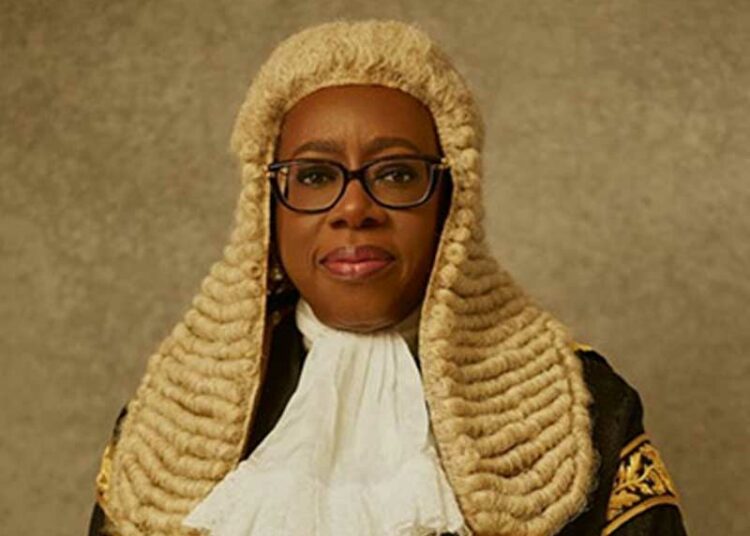The Chief Justice of Nigeria (CJN), Justice Kudirat Kekere-Ekun, has urged the judiciary to hold electricity distribution companies (DisCos) accountable for the 112 electricity-related deaths and 95 injuries recorded in 2024.
Speaking at the opening of the 2025 National Seminar on Regulations in the Electricity Power Sector for Judicial Officers—organised by the Nigerian Electricity Regulatory Commission (NERC) in collaboration with the National Judicial Institute (NJI)—Justice Kekere-Ekun emphasised the urgent need for stricter legal oversight of the sector. The seminar, themed “Navigating the Dynamics of Nigeria’s Evolving Electricity Sector”, addressed regulatory compliance, legal enforcement, and safety issues in the industry.
According to NERC’s latest data, the number of fatalities is only a slight improvement on 2023’s 115 deaths, while reported injuries decreased by almost 7 per cent. Vandalism, snapped wires, illegal connections, and unsafe working conditions remain primary causes, with many incidents linked to Discos’ negligence—especially in cases involving electricity workers on duty.
Justice Kekere-Ekun underscored the judiciary’s responsibility to ensure operators adhere to safety regulations and are penalised when lapses occur.
“The judiciary must adopt a proactive stance. Those who flout safety standards must be held responsible, while victims and their families deserve full justice. Protecting citizens is both a legal and moral obligation,” she said.
She further stressed that NERC itself must operate within the bounds of law, noting that while it holds powers to issue subsidiary legislation, set tariffs, and resolve industry disputes, these powers must be exercised transparently and remain subject to judicial review.
The CJN called on judges to scrutinise delegated legislation critically to prevent arbitrary decisions and ensure public interest and participation in regulatory processes—principles she described as essential to sustainable development and the rule of law.
NERC Vice Chairman, Dr Musiliu Oseni, also addressed participants, stressing the judiciary’s role in maintaining regulatory consistency. Legal decisions, he argued, have direct consequences for investor confidence and sector stability. He referred to past rulings—particularly a 2015 case involving the Manufacturers Association of Nigeria and the 2016 Toluwai case—that disrupted regulatory operations.
“In the Toluwai matter, NERC’s regulatory function was stalled until 2019, when the Court of Appeal overturned the lower court’s decision,” Oseni said. “This paralysis had a chilling effect on investment.
Consistent judicial interpretation of the law is key to a thriving power sector.”
Attorney General of the Federation and Minister of Justice, Prince Lateef Fagbemi, echoed these sentiments. He described electricity as a cornerstone of Nigeria’s socio-economic development and daily life. Recognising the sector’s shifting legal landscape, he called for robust legislative reform and increased judicial engagement to address emerging challenges.
Fagbemi pledged the Ministry of Justice’s support for NERC’s regulatory functions and commitment to expanding the legal framework governing Nigeria’s electricity sector.
“The law must evolve to reflect the realities of the sector,” he said, “and our institutions must evolve with it.”











